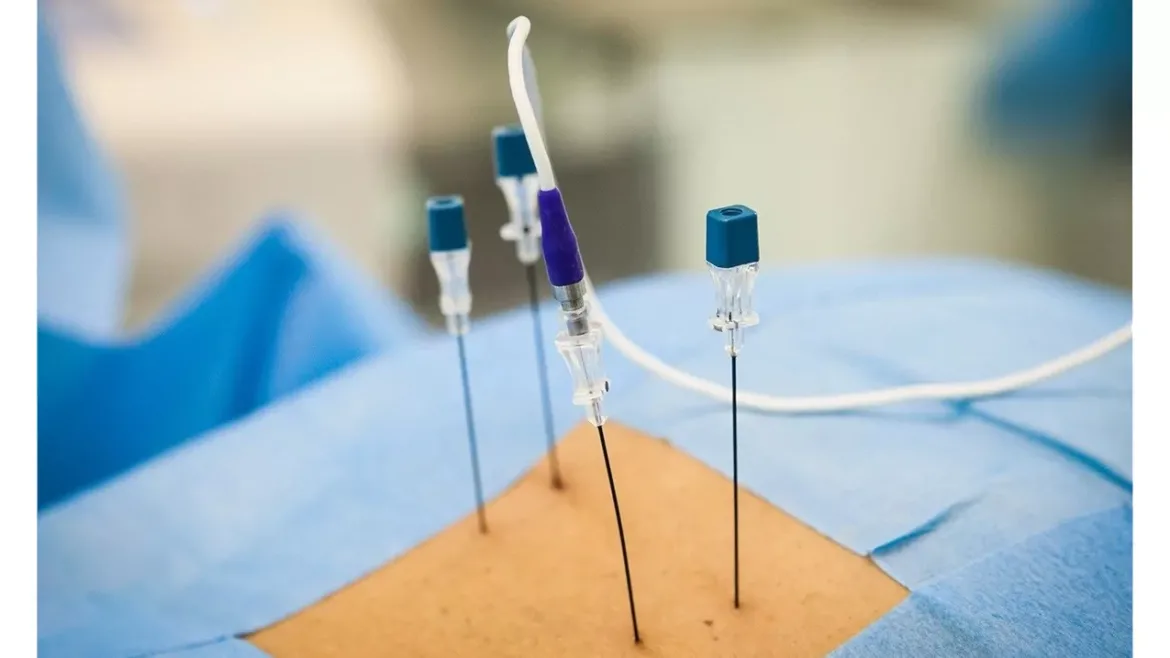What is radiofrequency denervation or facet denervation?
Radiofrequency denervation, also known as facet denervation, is a specialized form of treatment to cause heat damage to the two nerves that supply the facet joints, the small pairs of joints that connect your vertebrae and are the source of pain.
These nerves transmit joint pain but have very little other function. By damaging them, the nerves stop sending pain signals to your brain.
Radiofrequency denervation is also known as facet denervation, radiofrequency ablation, or radiofrequency neurotomy.
When is a facet denervation procedure necessary?
Your doctor may suggest facet denervation if your back pain starts in the facet joints. You will only be offered radiofrequency denervation if other treatments, such as physical therapy, have not worked.
What does the facet denervation procedure include?
Your doctor will help you position yourself so that you are lying on your stomach. You will be given a local anesthetic to numb the area. When the area is numb, your doctor will insert a thin 1 mm probe into the nerves using X-ray guidance on the image intensifier.
Once the tip of the tube is in the right place, your doctor will give you an intravenous sedative to help ease any discomfort during the procedure. The tip of the probe heats up to 80 degrees Celsius, which is enough to cause thermal damage to the nerve.
Does facet denervation work and are there alternatives?
It is likely that you have already tried other treatments, such as pain medications and physical therapy, before you were referred for radiofrequency denervation treatment, but your consultant can discuss alternatives with you.
If you have responded well to diagnostic injections, a facet denervation procedure has a good chance of providing long-lasting relief from back pain. This will allow you to stop pain medications and restore your quality of life without pain.
In most cases, you can expect relief from symptoms within three months to one year.
It is important to know that the nerve can take up to a year to recover, so your pain may return. However, if you responded well to the first injection, you will likely benefit from a second injection.

